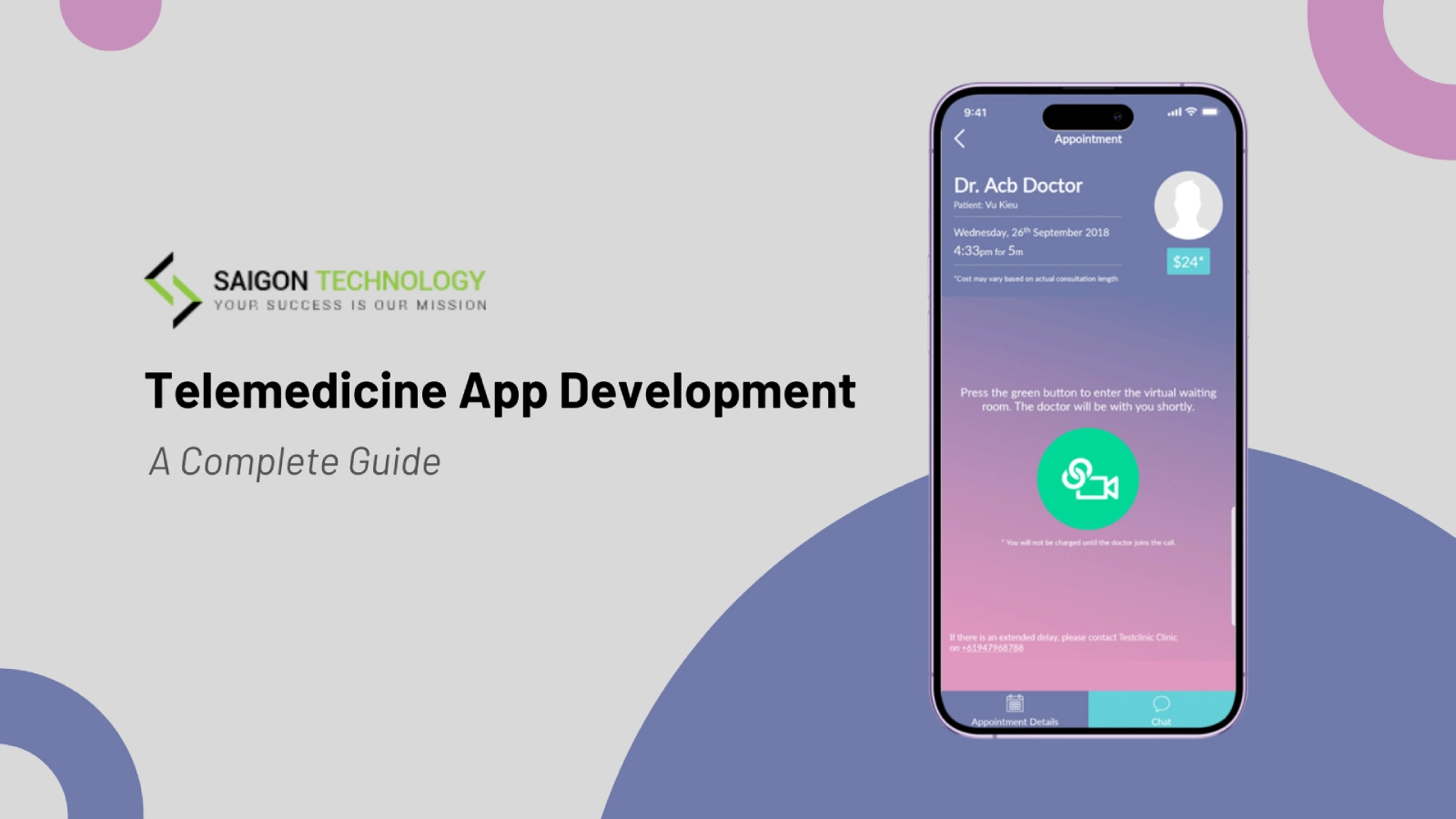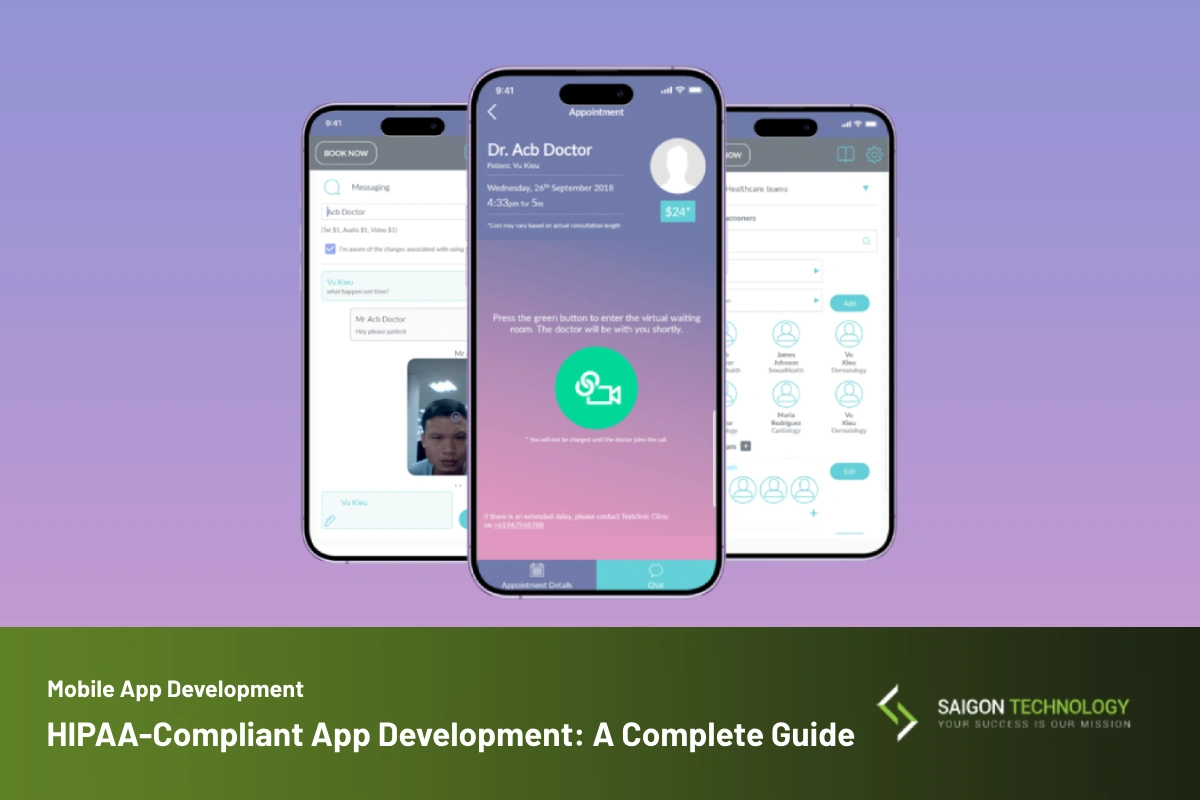As technology advances, businesses are increasingly turning to digital solutions to improve their operations and address customer needs. This has led to two major approaches in application development: low-code platforms and custom application development. Low Code Platforms are designed for business users with little or no technical experience, allowing them to create apps quickly and easily. On the other hand, custom application development entails a comprehensive process of designing, coding, and deploying applications for specific organizational needs.
Both approaches have their advantages and disadvantages. When deciding between low code vs. custom app development for your business, you should consider cost, scalability, flexibility, security, and more factors. This article will help you make an informed decision by exploring each option in detail and discussing the advantages and disadvantages of each.
Low-code Development
Low-code development refers to the process of creating applications using graphical user interfaces and a drag-and-drop interface. Low-code platforms allow users to create sophisticated applications with less code than traditional coding methods would require.
In addition, low-code platforms often come with a wide range of pre-built components, such as user interfaces, databases, and reporting tools. Low-code applications are also designed to be flexible and scalable, allowing organizations to adjust quickly as their needs change. This makes it easier for non-programmers to build apps without needing to learn complicated programming languages or hire software developers.
Custom App Development
This is the process of creating applications for a specific business or organization. In contrast to low-code platforms, custom app development requires coding and programming skills for designing, building, and deploying the application. Custom application development companies often specialize in specific technologies and use frameworks such as Java, .NET, or JavaScript.
Custom apps are designed to meet the specific needs of an organization, so they often come with more features and customization options than low-code platforms. Custom app development is also more secure as it requires strict security protocols and allows for comprehensive testing before deployment
Low Code Vs Custom App Development
When considering low code vs. custom app development for your business, there are several factors to consider. Some of the key factors include:
Design and features
Low-code platforms are designed to be user-friendly and fast, but they often lack the customization options of custom apps. Custom development allows you to tailor your application according to specific business needs, making it easier to add features that are not available on low-code platforms.
A custom app can also be more secure as developers have the ability to implement additional security protocols and create comprehensive tests before deployment.
Cost
Low-code platforms are generally less expensive than custom app development as they require less coding and programming knowledge. Low-code also allows businesses to quickly and easily create applications, reducing the upfront cost of development.
Custom apps can be more expensive as they require more technical expertise and time for coding, testing, and deployment. However, with custom apps, businesses have more control over the features and design of their applications.
In general, low-code platforms may be the best option for businesses with limited resources and those looking for a quick solution. On the other hand, custom development may be the better choice for complex projects that require extensive customization and security capabilities.
App development time
Low-code platforms are typically faster to develop than custom apps. Usually, it takes about 6 months to develop basic features on custom apps. On the other hand, low-code development takes less time. This makes them ideal for businesses that need an application quickly, as they can be deployed in weeks or even days. Therefore, custom development is usually more time-consuming and complex, so it may take months before the full version of the app is ready.
Scaling and updating
When it comes to scalability, custom development offers more flexibility and control than low-code platforms. Custom apps can be easily updated with new features as your business grows and needs change, while low-code platforms may not be able to handle complex applications or frequent updates. Low code development does not support multiple customization options, which causes challenges during scaling and updating.
Consequently, low-code platforms are more suitable for small businesses and startups that need to develop applications quickly without spending much money.
Reliability and security
Low-code platforms are reliable but less secure compared to their counterparts. Custom apps may be more secure as they can be tailored to your specific needs and include additional security protocols.
Besides, these apps also allow for comprehensive testing before deployment, which ensures the app is free of errors and ready for use when it is released. In general, custom development is the better choice for organizations that require a high degree of security and reliability.
The efficiency of the app
Low-code development is often faster and easier than custom development due to the drag-and-drop interface. This makes it ideal for businesses that need to deploy an app with minimal time and cost quickly. On the other hand, custom apps can be more complex and require more time to design, code, and test before they can be deployed.
Ease of integration with existing tools
Custom apps offer good room for seamless integration with the existing tools, while low code platforms come with many limitations that make it a challenge. In this case, a developer will be required to understand the platform well to make the changes. However, it is good to mention that the integration of the low-code platforms is possible, though it can be difficult as all platforms function differently.
Final Thoughts
In conclusion, there is no one-size-fits-all solution when choosing between low code and custom app development. Each approach has its own advantages and disadvantages, which should be considered when making a decision. Low-code platforms are typically more suitable for small businesses or startups that need an application quickly without spending a lot of money, while custom app development is generally better for larger companies or organizations with more complex requirements.
Ultimately, the best option depends on the specific needs of the business. By considering all aspects of both low-code and custom app development, businesses can decide which approach to take. At Saigon Technology, we specialize in delivering custom IT solutions and other outsourcing software development services.
Choosing between low-code and custom app development can significantly impact your business. Our team of custom software developers is committed to guiding you through this decision, ensuring that your choice aligns perfectly with your business goals and requirements.












